
Since the sex wars, women have become more visible as producers and consumers of pornography, but many debates about working conditions and content remain stuck in the past. How should feminists, both within and outside the industry, engage with pornography today?

A conversation with Gabriel Thompson about America’s Social Arsonist, his new biography of legendary organizer Fred Ross.

An interview with historian Meg Jacobs about her new book, Panic at the Pump.

FreshDirect’s move to an already heavily polluted neighborhood begs the question: who benefits from public land in a borough that is at once an industrial sacrifice zone and the target of aggressive gentrification?

Whether they realize it or not, millions of Bernie Sanders supporters across the country have embraced a version of socialism developed by political economist Karl Polanyi in his 1944 classic, The Great Transformation. Dissent explains.
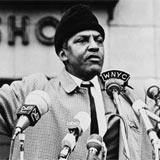
An interview with Christopher Phelps, co-author with Howard Brick of Radicals in America: The U.S. Left since the Second World War.
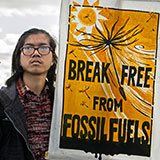
In the inaugural episode of Hot & Bothered, we explore the growing fight against fossil fuel extraction, with guests Bill McKibben and Tara Houska.

From Los Angeles to Minneapolis to Washington, D.C., workers are finding new approaches to bargaining for a greater good, aligning their demands with those of their community allies.
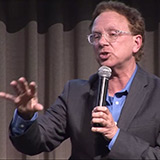
A live conversation with John Nichols, co-author of People Get Ready: The Fight Against a Jobless Economy and a Citizenless Democracy.

Does the conservative Law and Justice party’s victory represent the resurgence of populist nationalism in Eastern Europe? Perhaps. But it also represents something equally troubling about Polish politics: there are no left-wing alternatives.
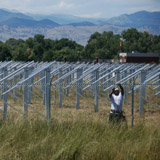
No amount of private-sector innovation will expand renewables’ use to anywhere near the scale needed to avert climate catastrophe, let alone advance a just transition. Here are some alternatives.

Ignazio Silone’s 1936 classic served as a moral compass to a generation of U.S. leftists seeking alternatives both to capitalism and to Soviet-style communism.

Trump’s astounding rise isn’t the result of too much democracy, but of too little.
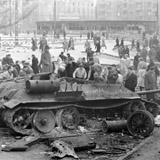
Struggles for democratization are always local struggles: the first thing their protagonists want is a state governed by the people who live in it. We must relearn how to support them.

On the broad American left, internationalism used to be as common—and as essential—as breathing. What happened?




















